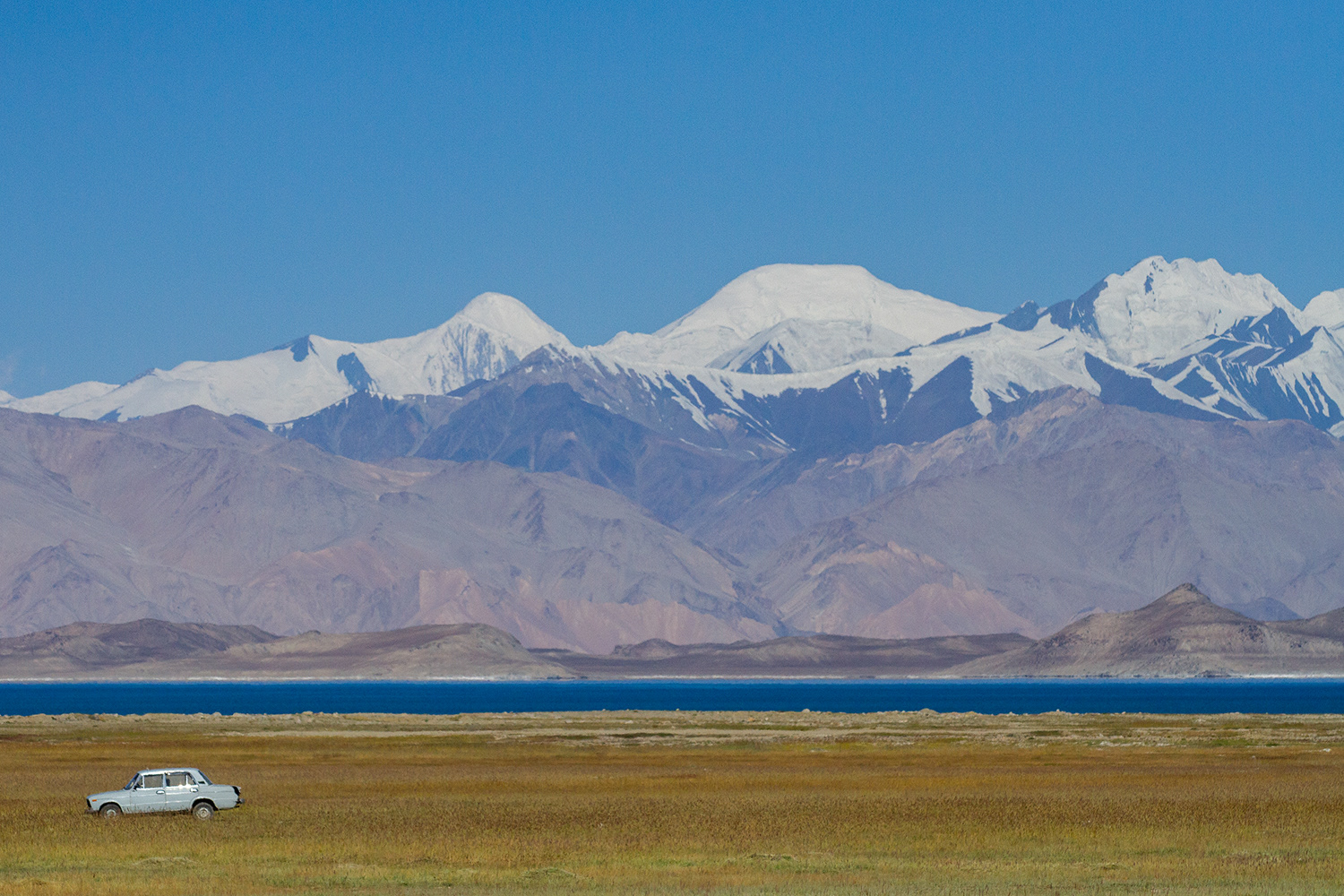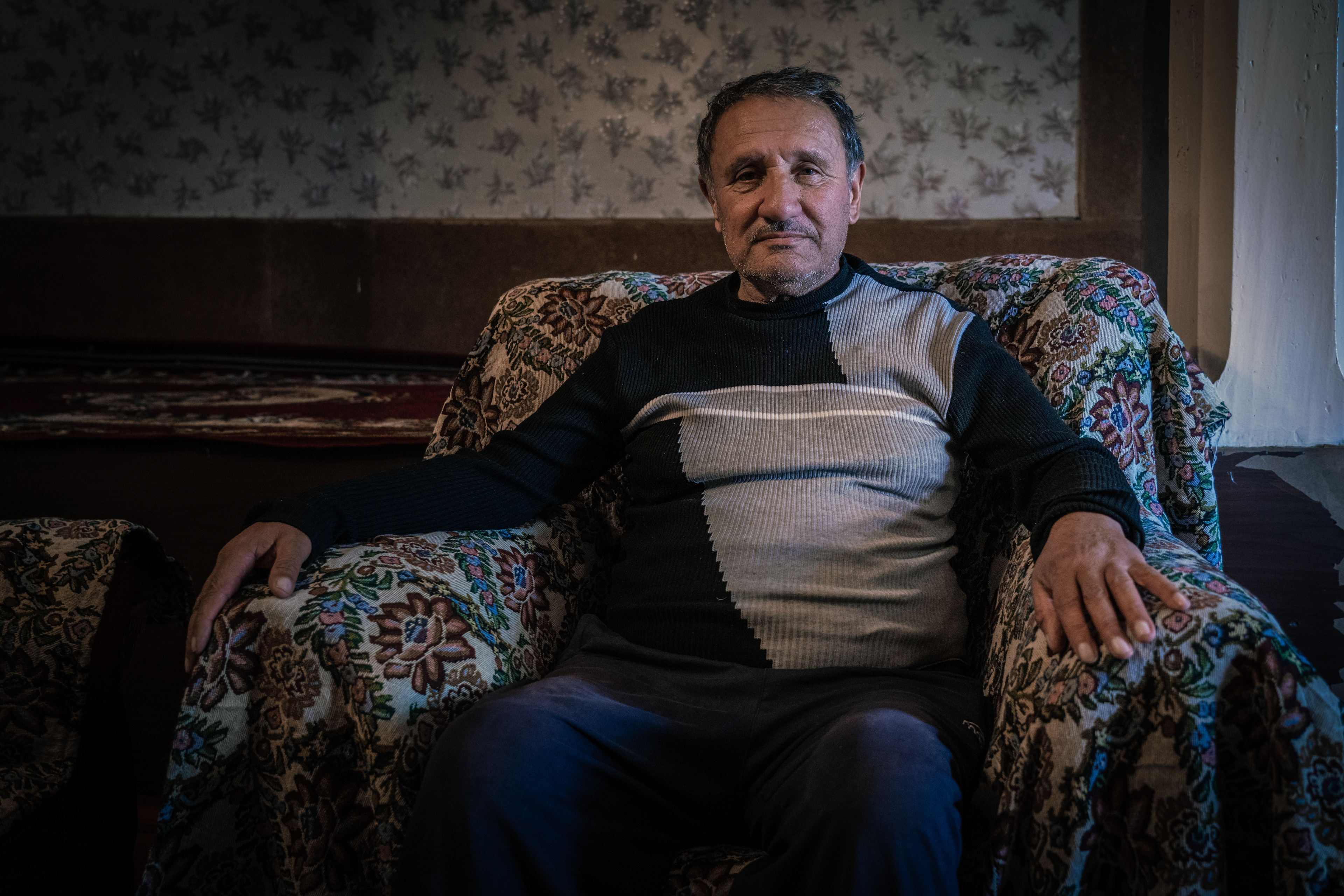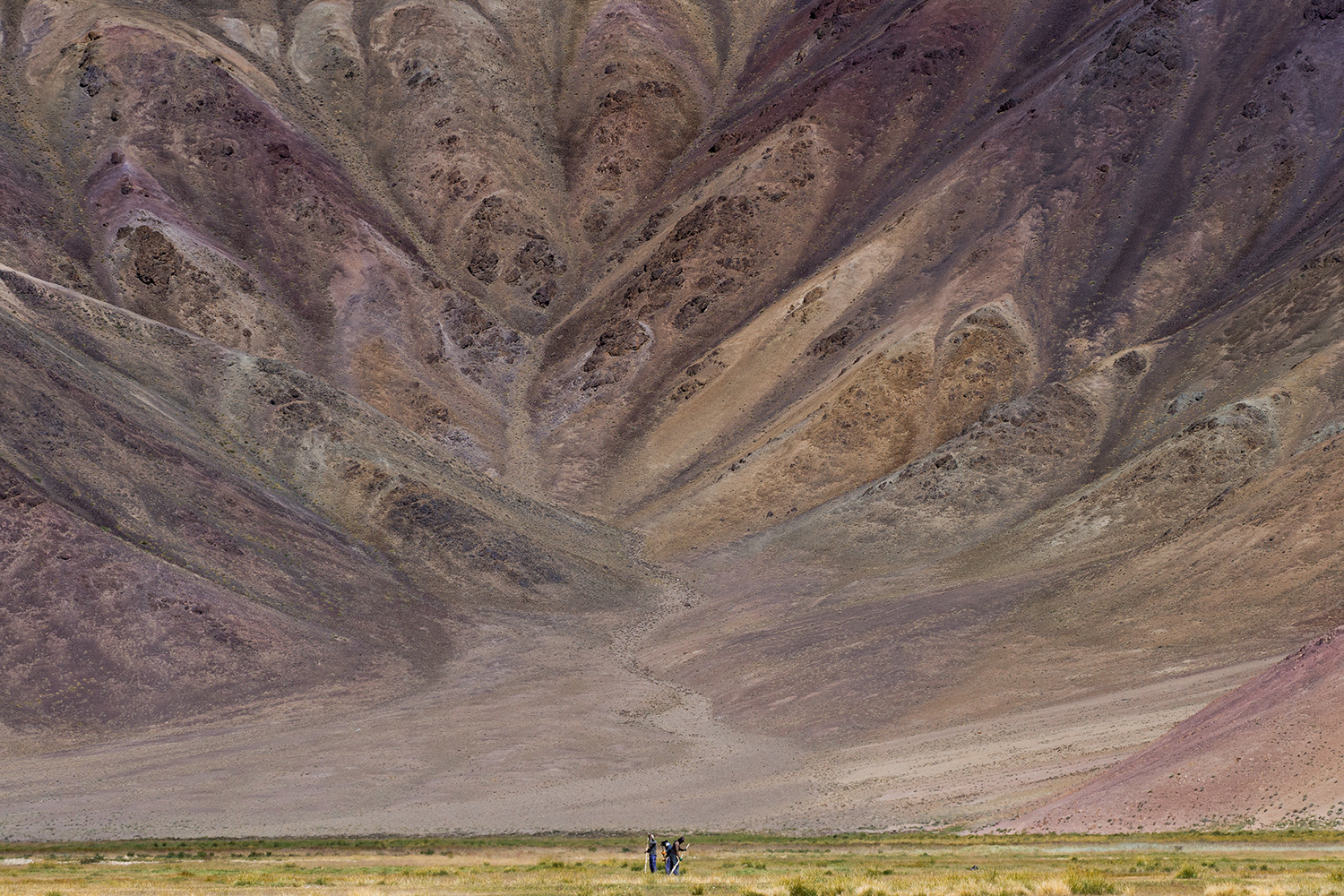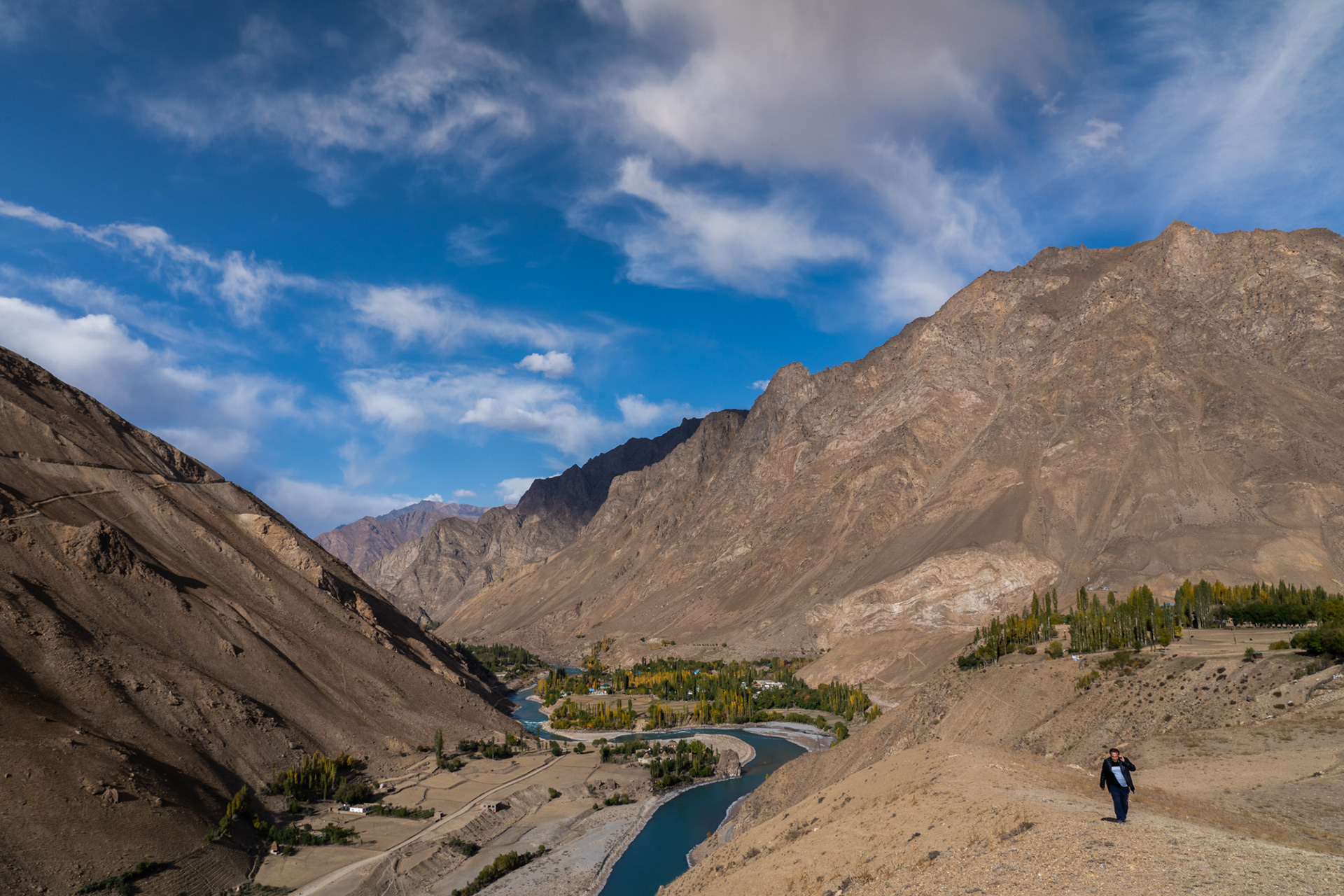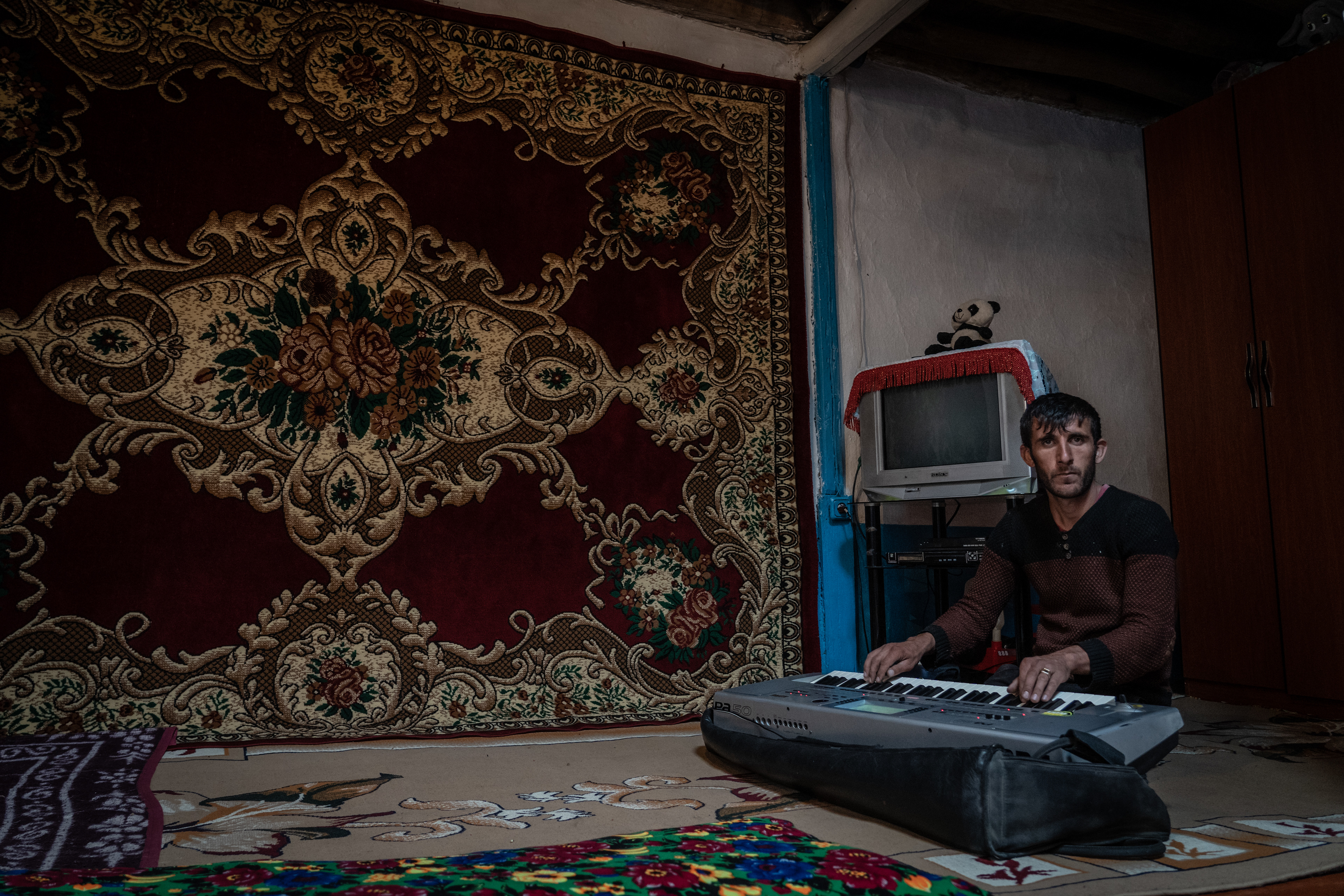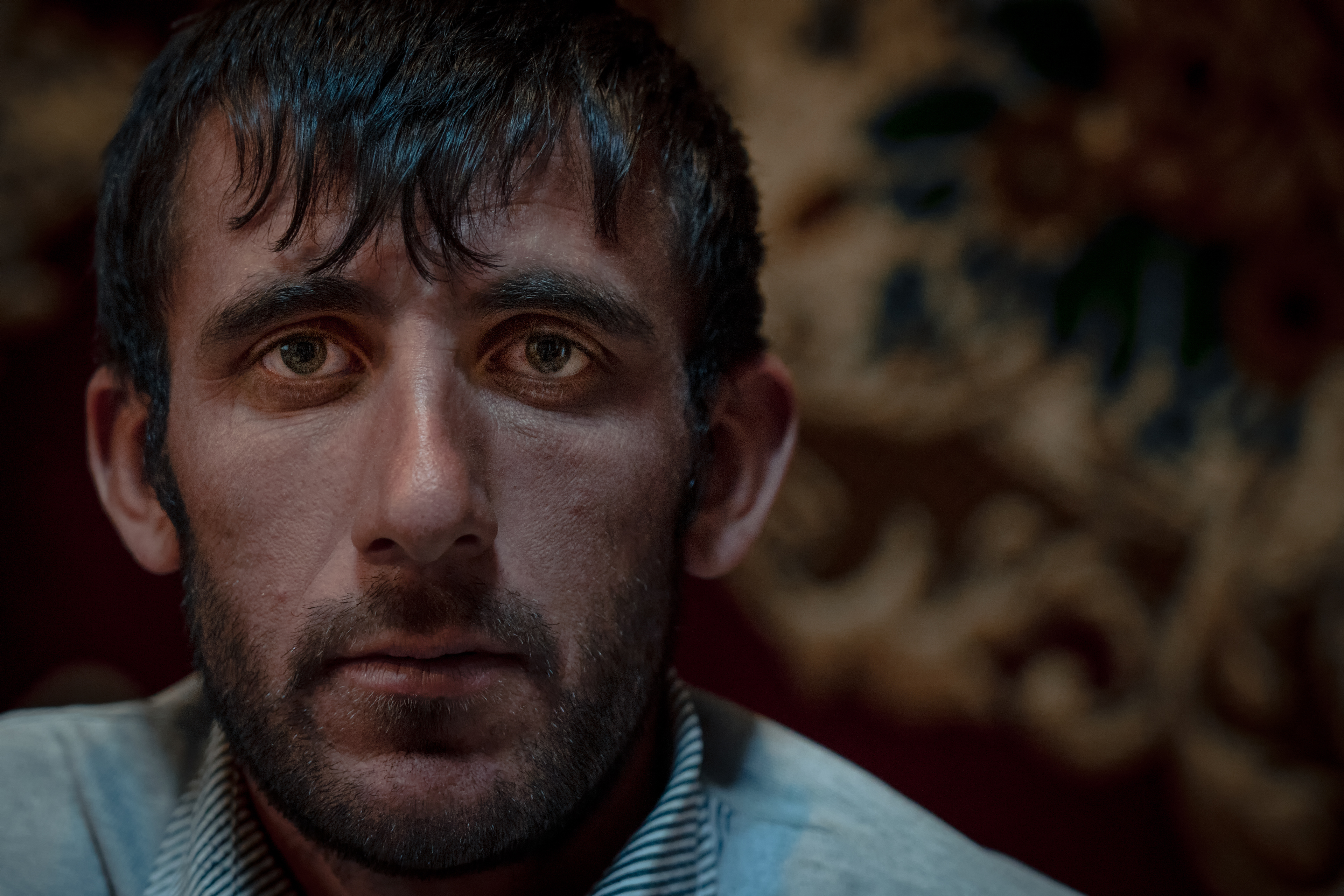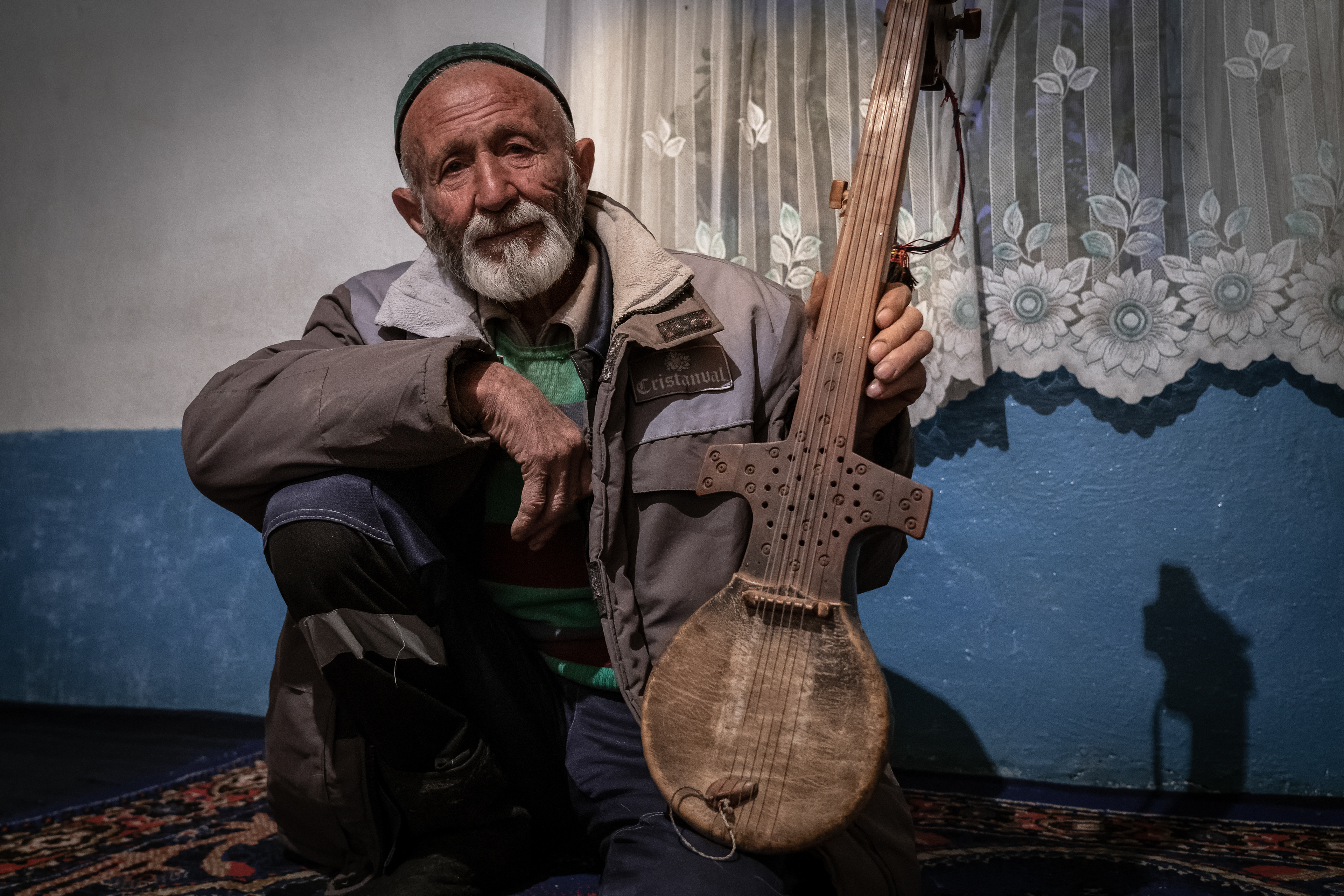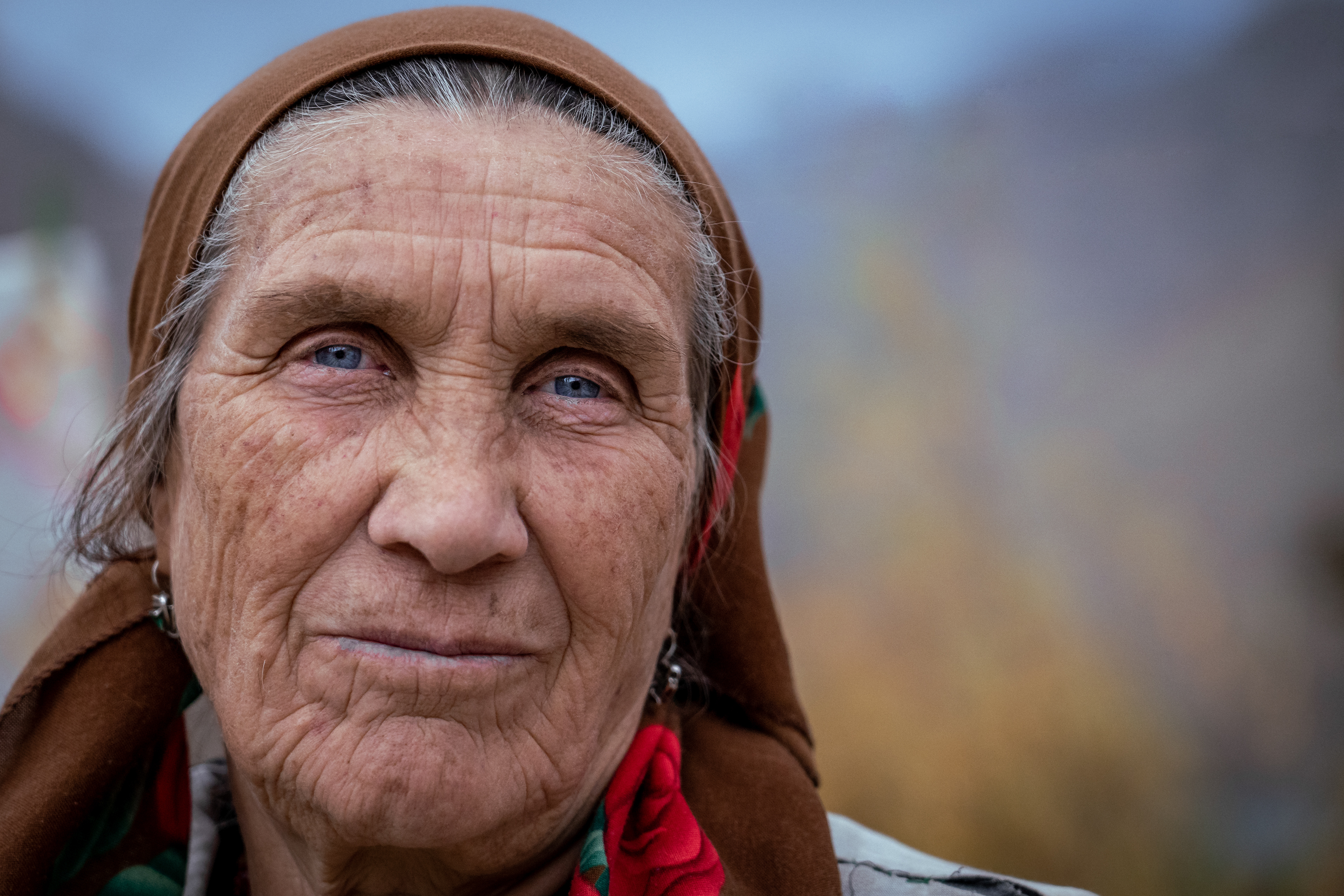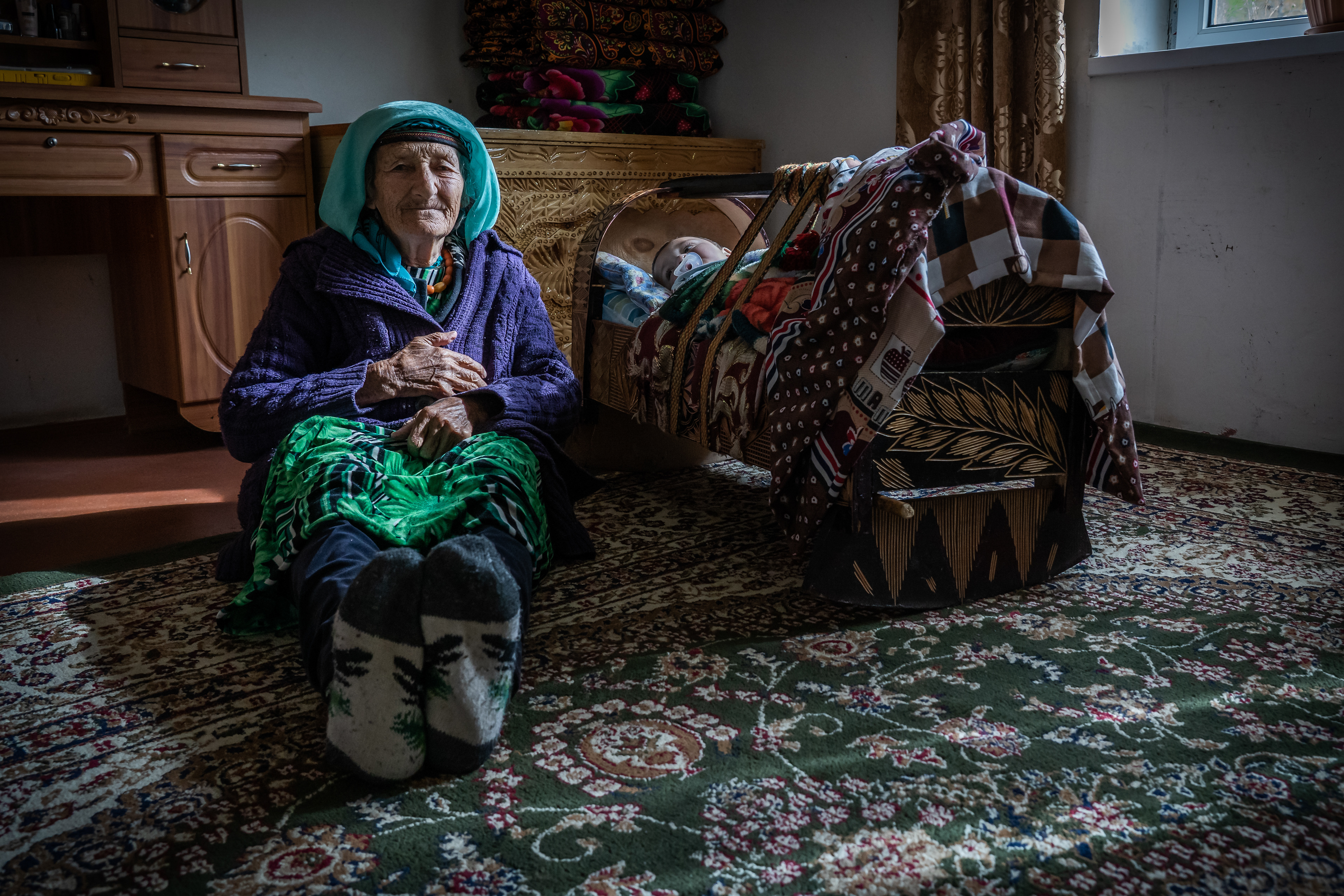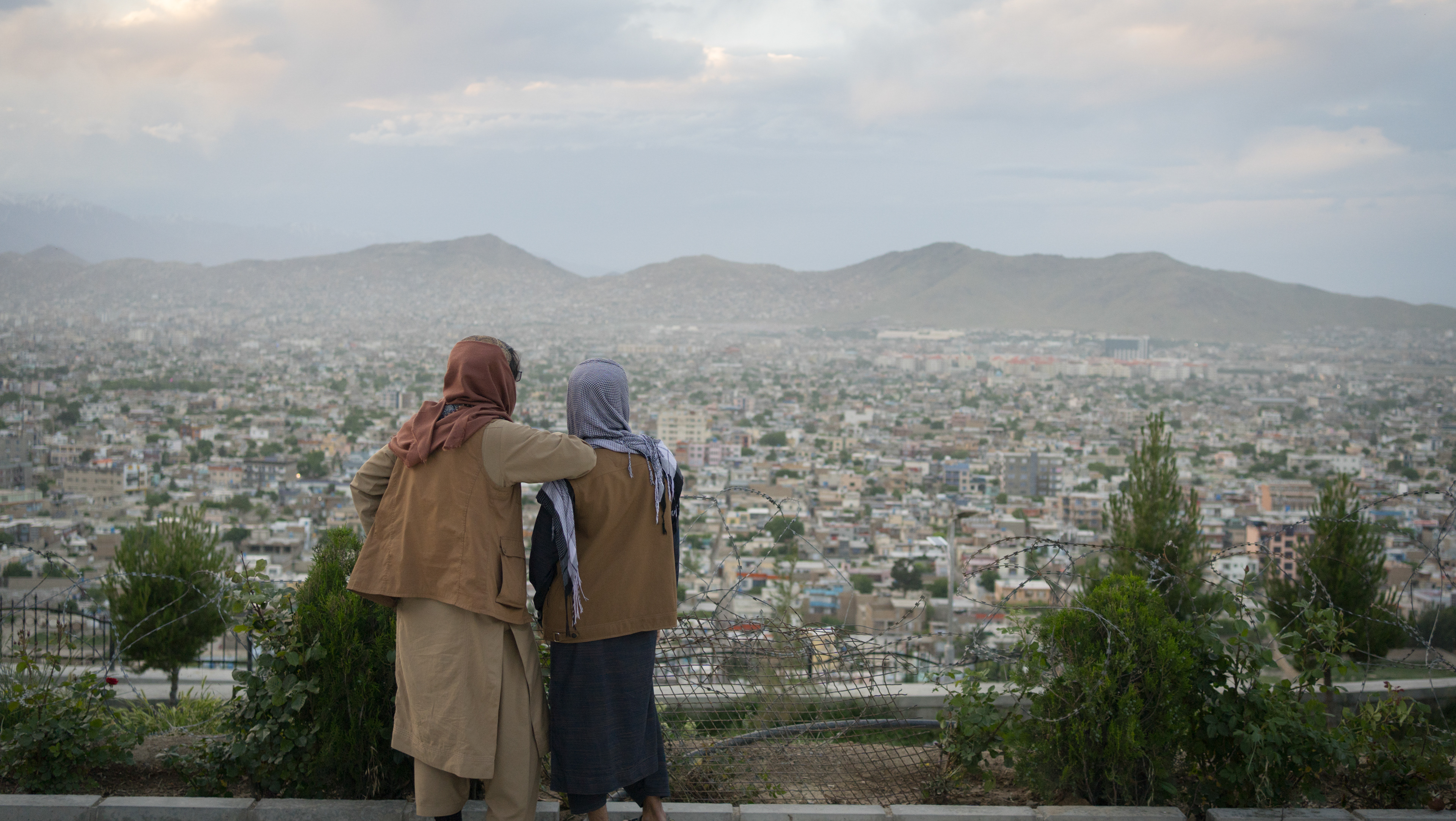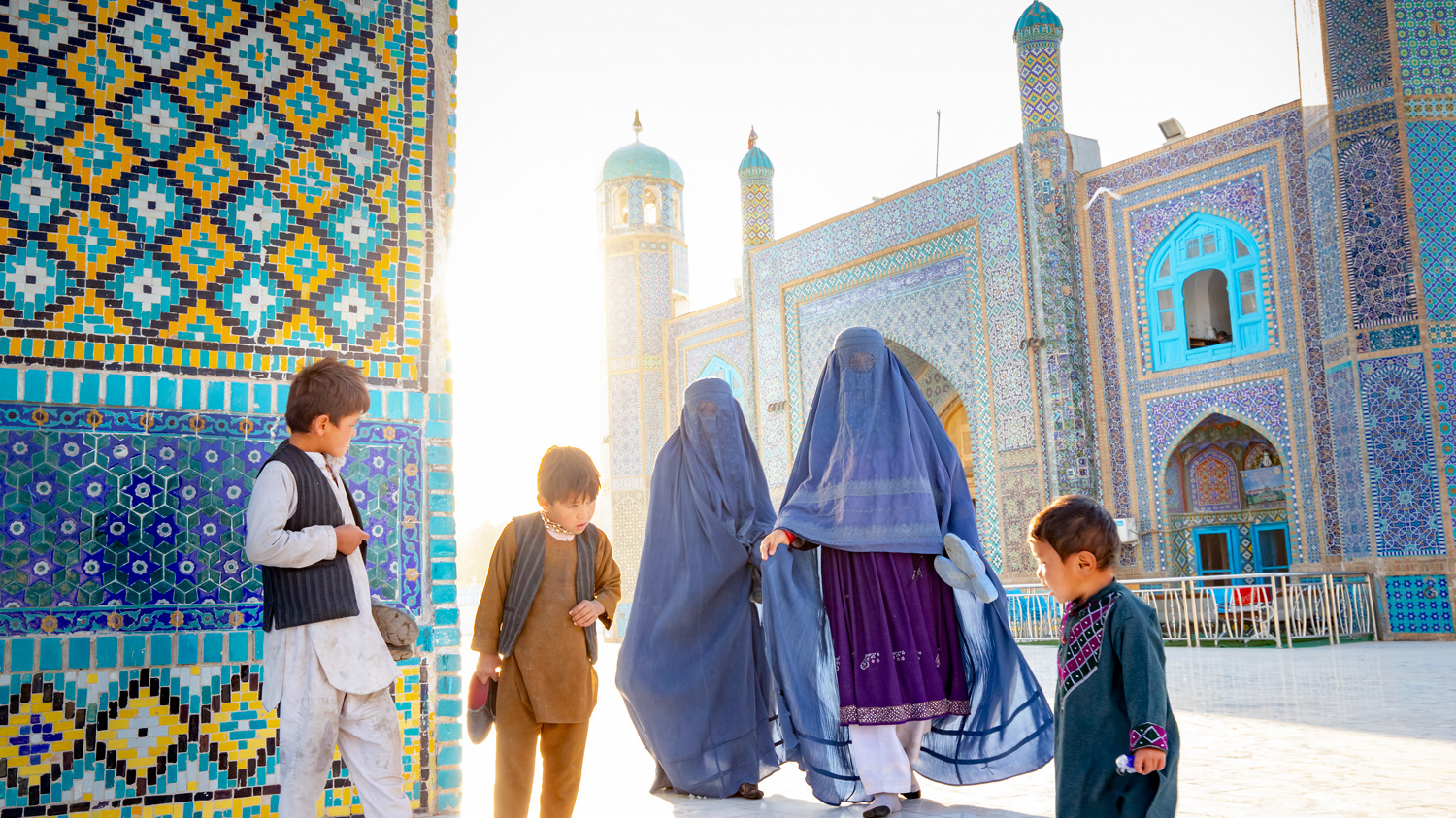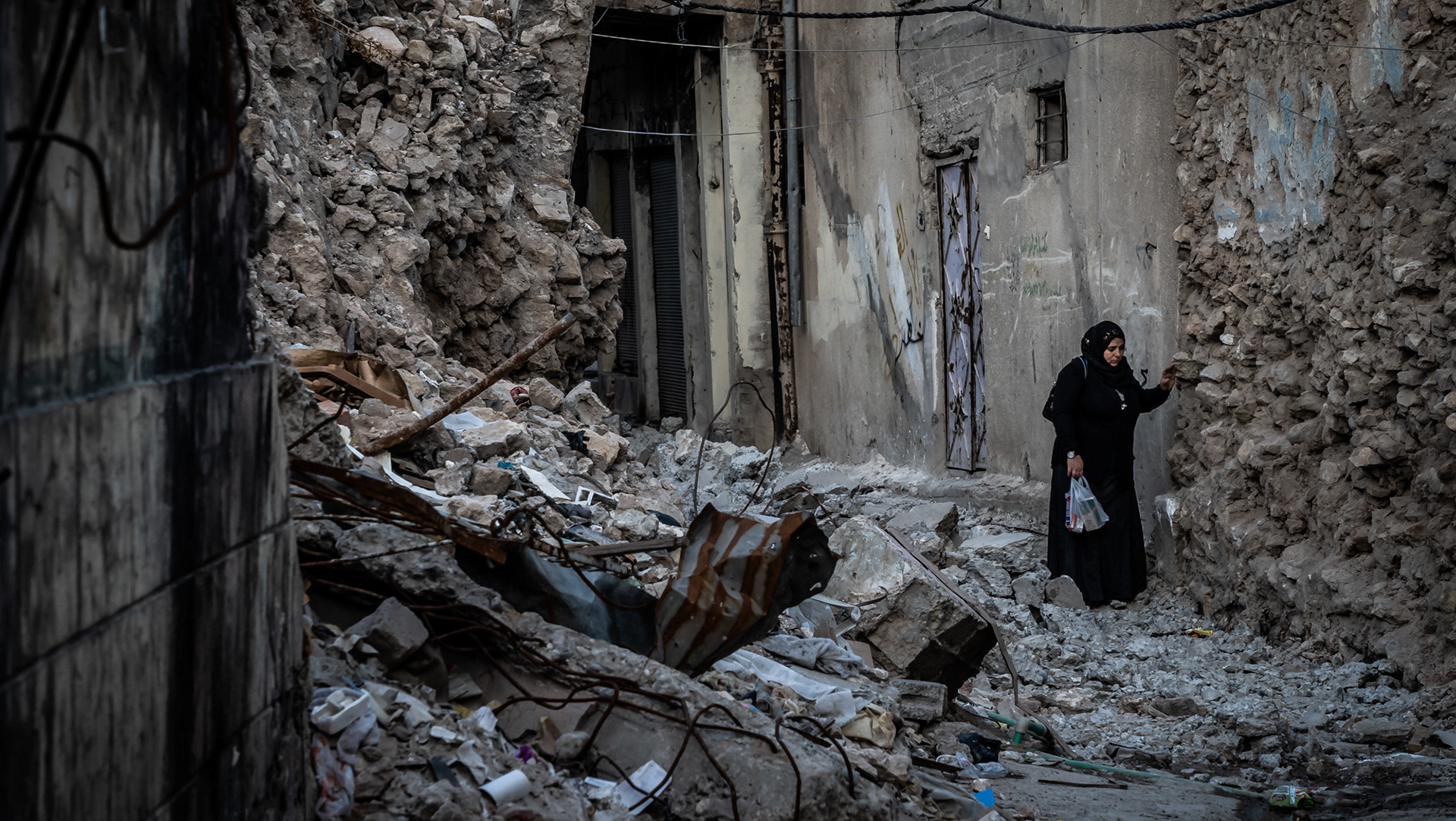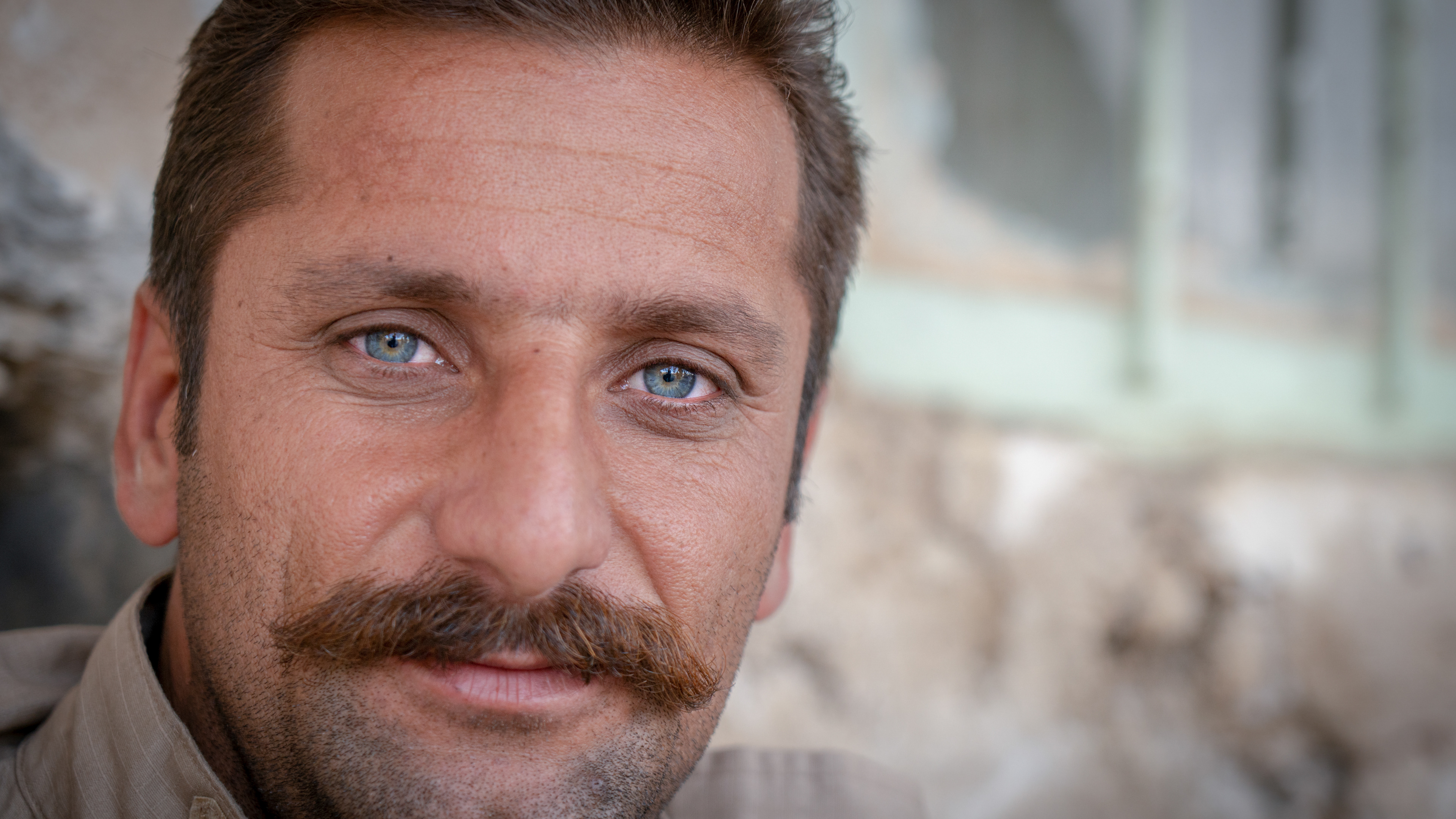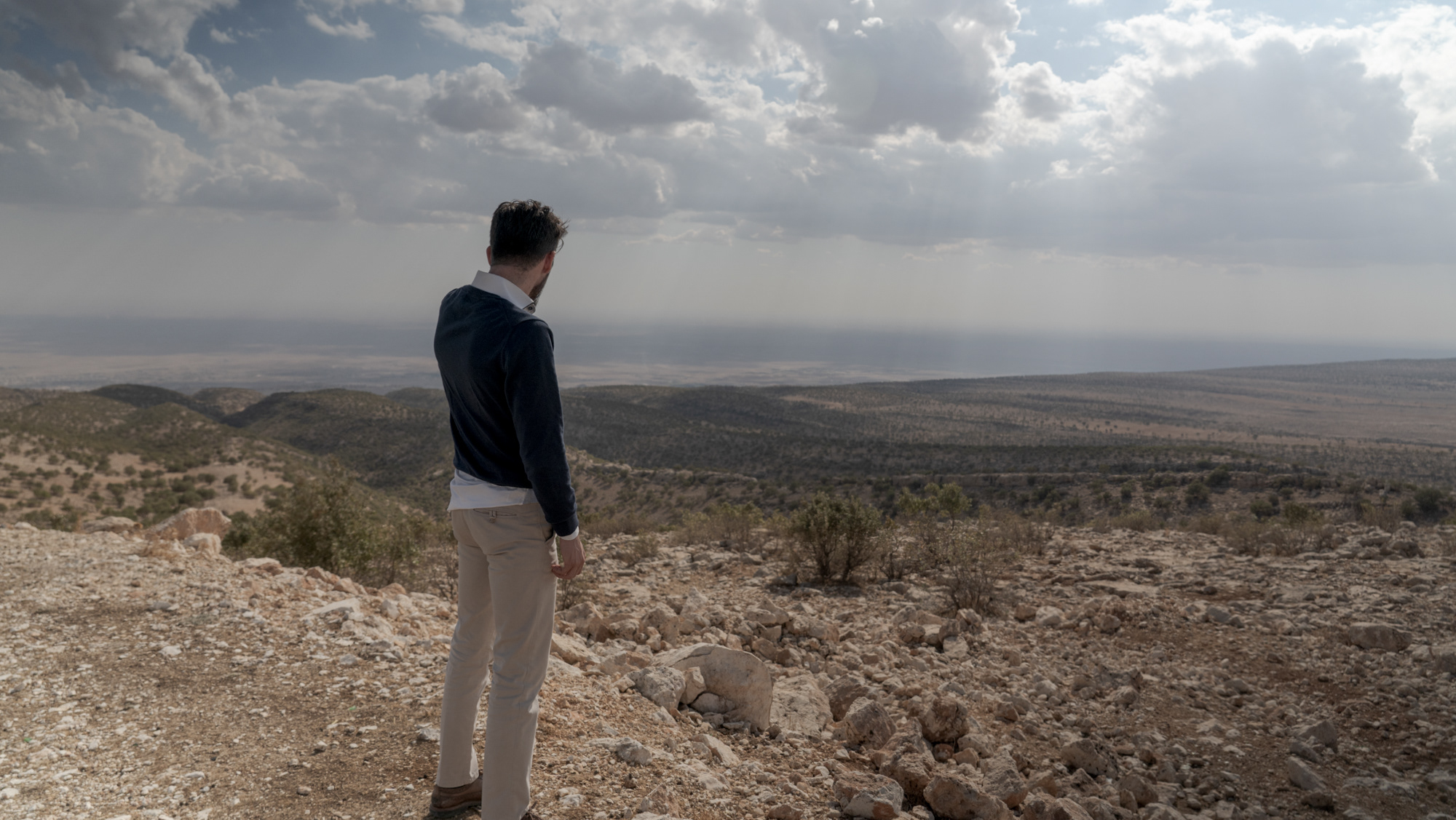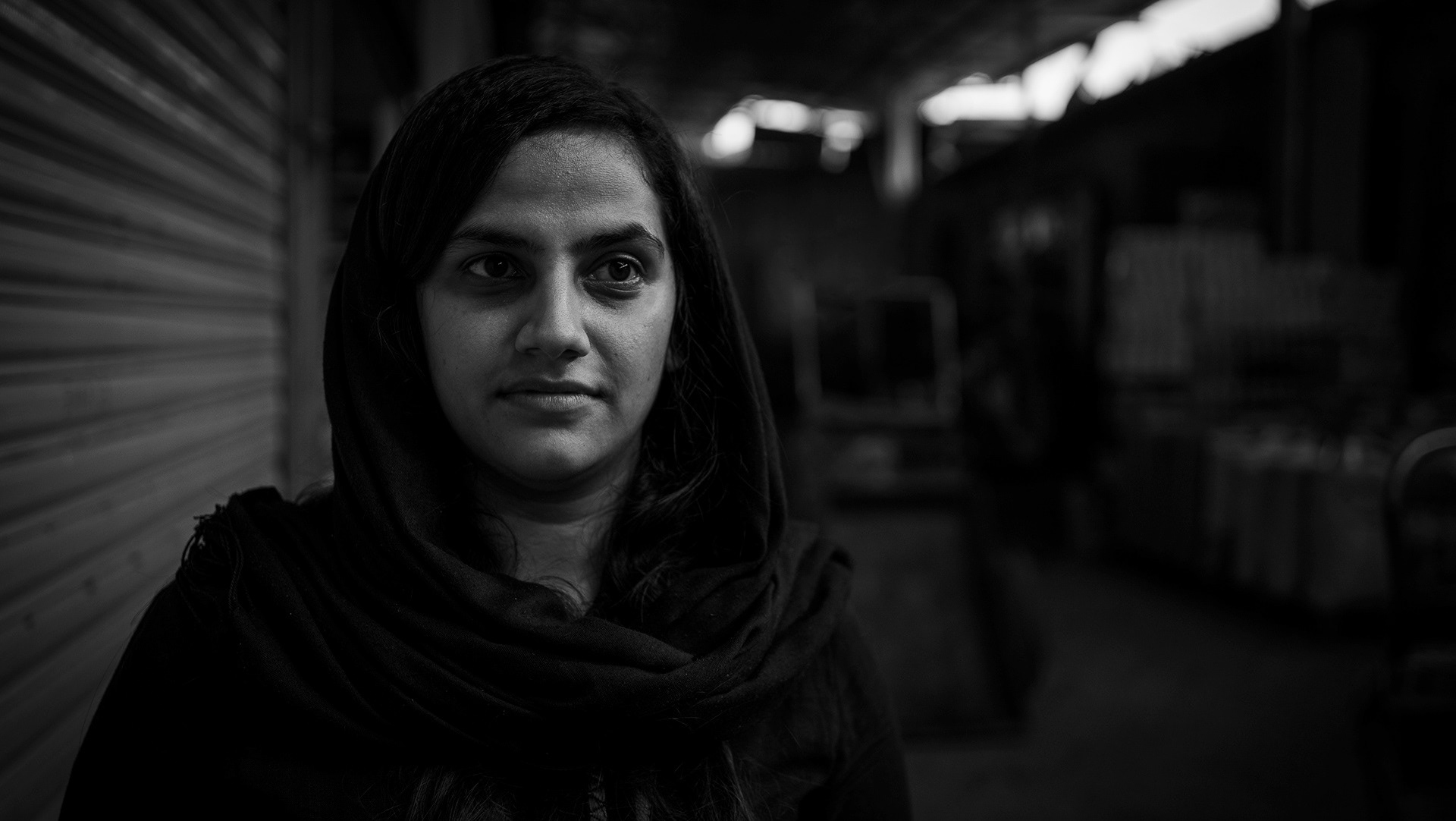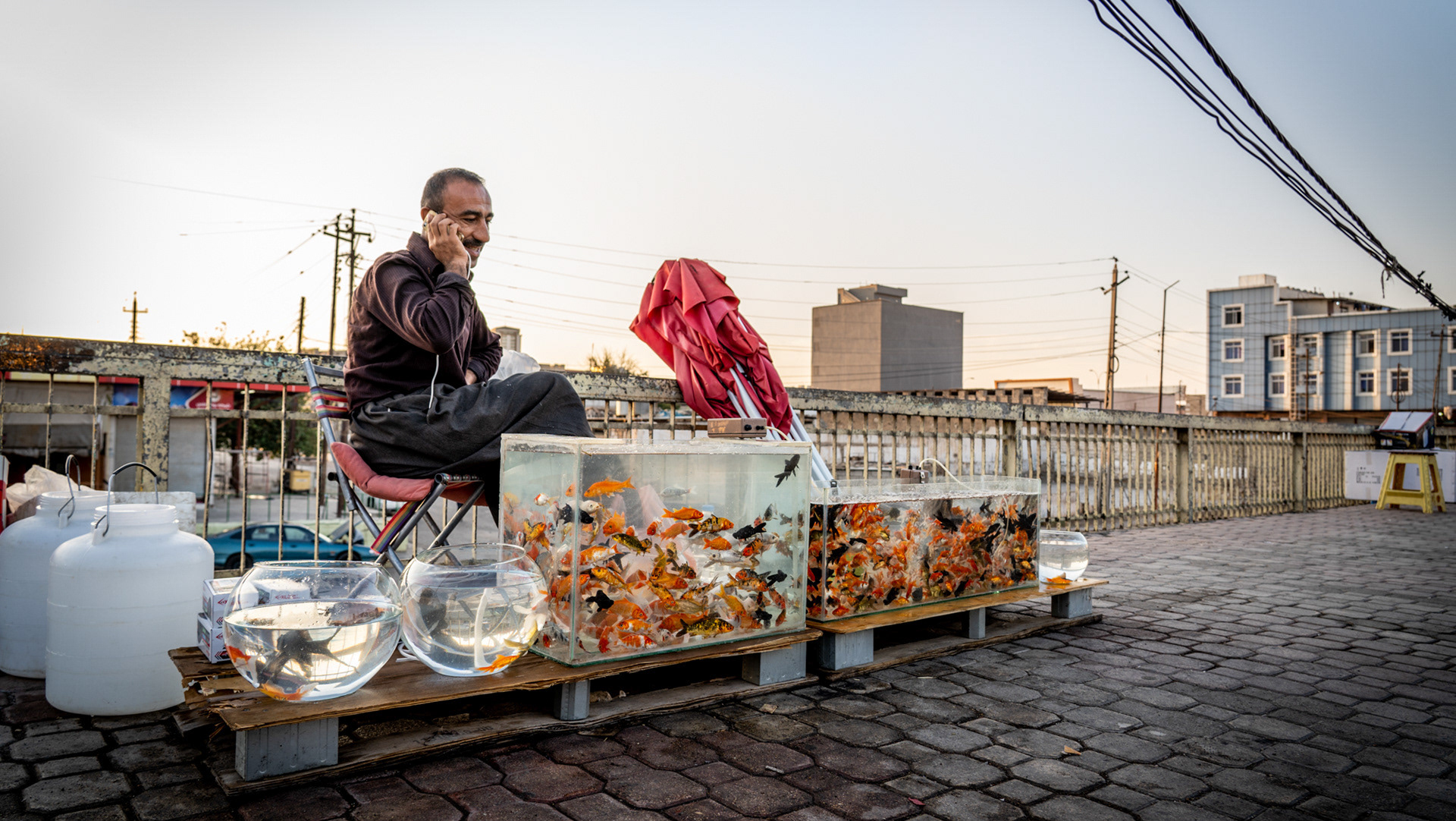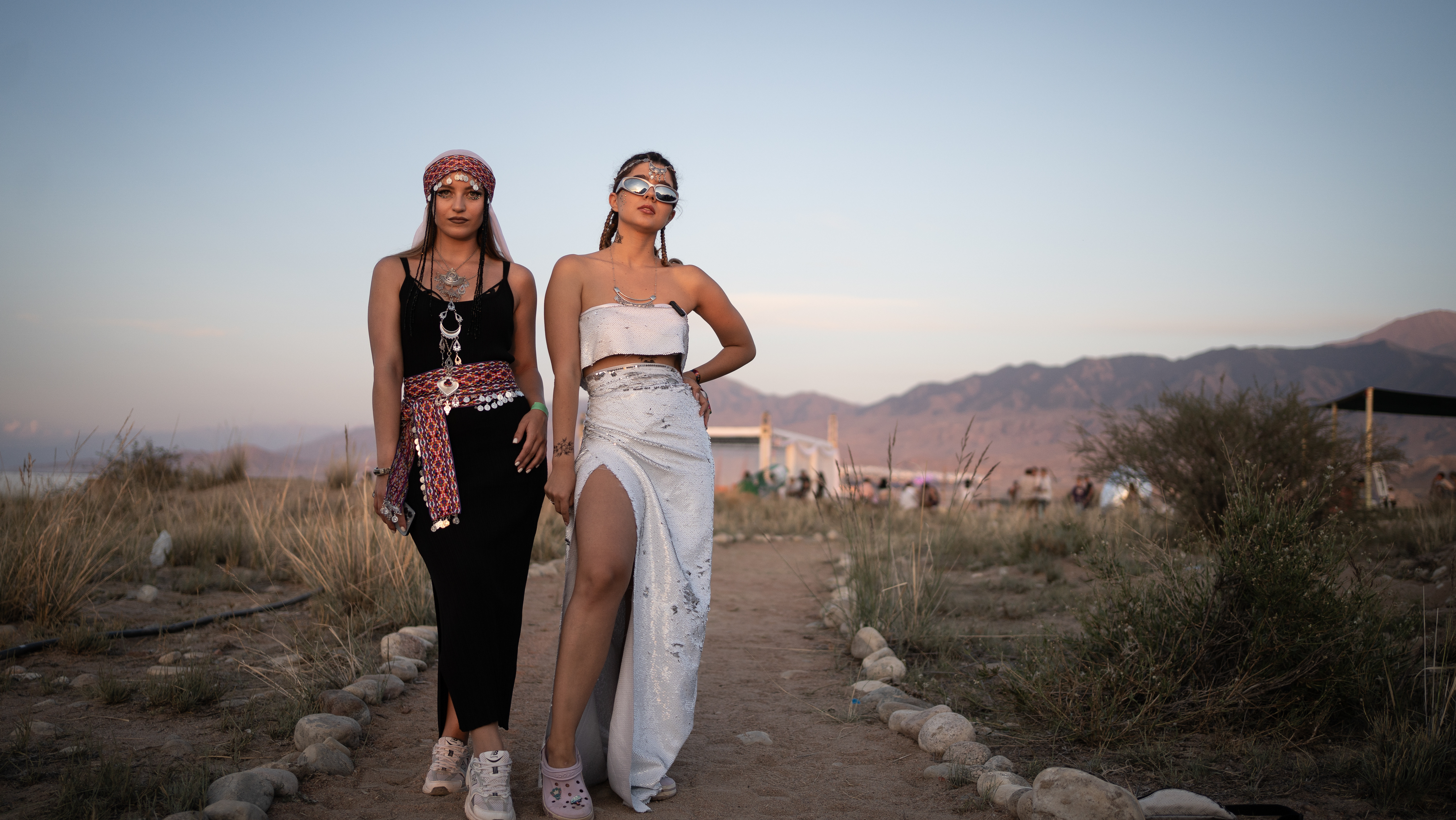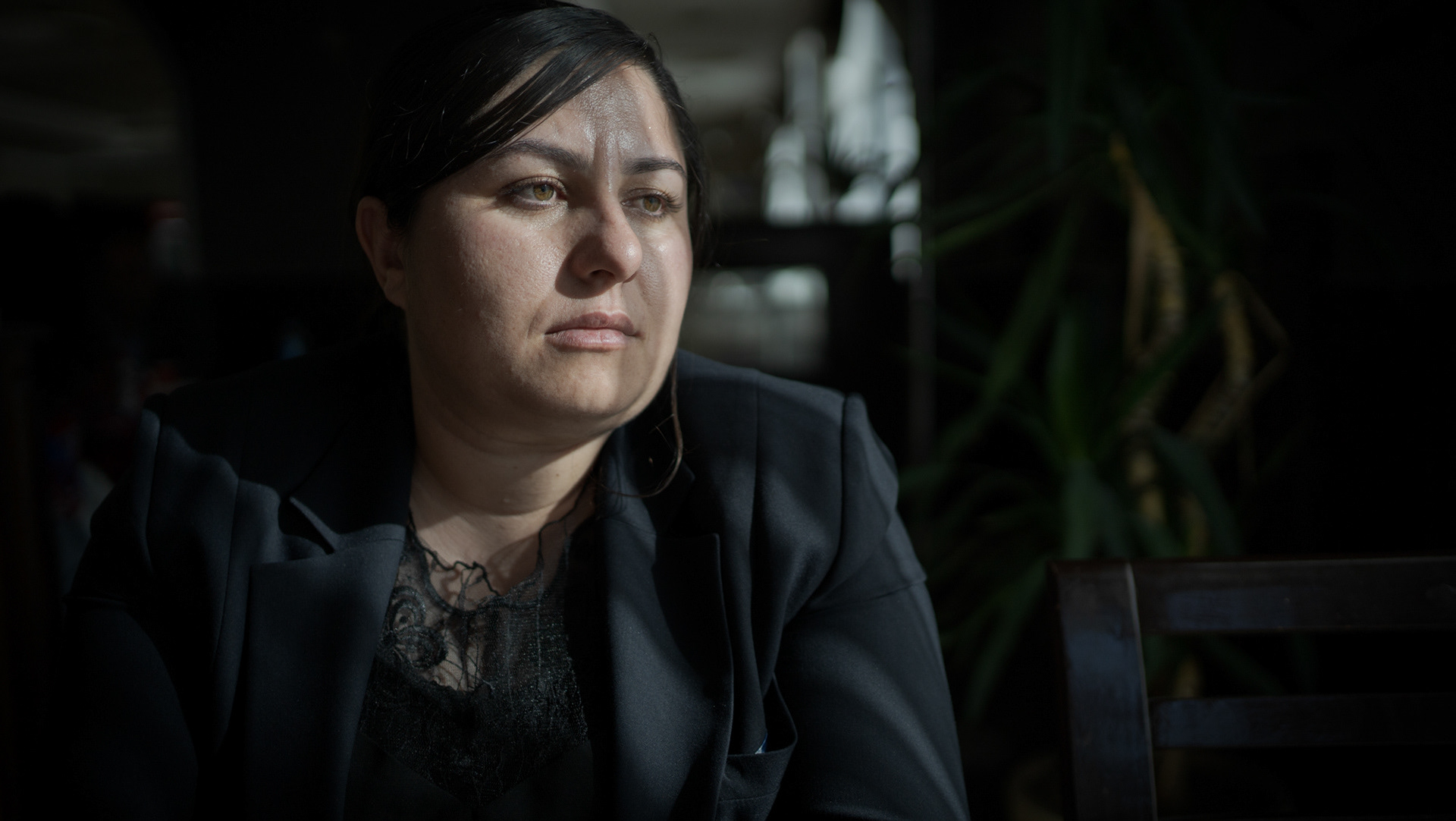Life can be tough in Tajikistan, with a poor economy, an authoritarian regime that does little to care for its citizens, an absence of press freedom and a harsh climate in a country that exists for over 90% out of mountains.
16 hours away from the capital is the desolate, rugged landscape of the Pamir mountains. The Pamirs are one of the highest mountain chains in the world, with peaks reaching up to 7.000 meters and the area is often dubbed the roof of the world. Life in these remote villages can be tough, with a lot of the terrain being unsuitable for agriculture and the extreme climate causing harsh conditions. But people have found a way to get by here for centuries.
Music and celebration are an important part of the Pamiri culture in Tajikistan. There are different types of songs for different occasions, such as weddings, celebrations or funerals. The music culture goes back a long way, from ancient times.
16 hours away from the capital is the desolate, rugged landscape of the Pamir mountains. The Pamirs are one of the highest mountain chains in the world, with peaks reaching up to 7.000 meters and the area is often dubbed the roof of the world. Life in these remote villages can be tough, with a lot of the terrain being unsuitable for agriculture and the extreme climate causing harsh conditions. But people have found a way to get by here for centuries.
Music and celebration are an important part of the Pamiri culture in Tajikistan. There are different types of songs for different occasions, such as weddings, celebrations or funerals. The music culture goes back a long way, from ancient times.
Terminal in capital Dushanbe where all taxi's (jeeps) to Pamir mountains depart
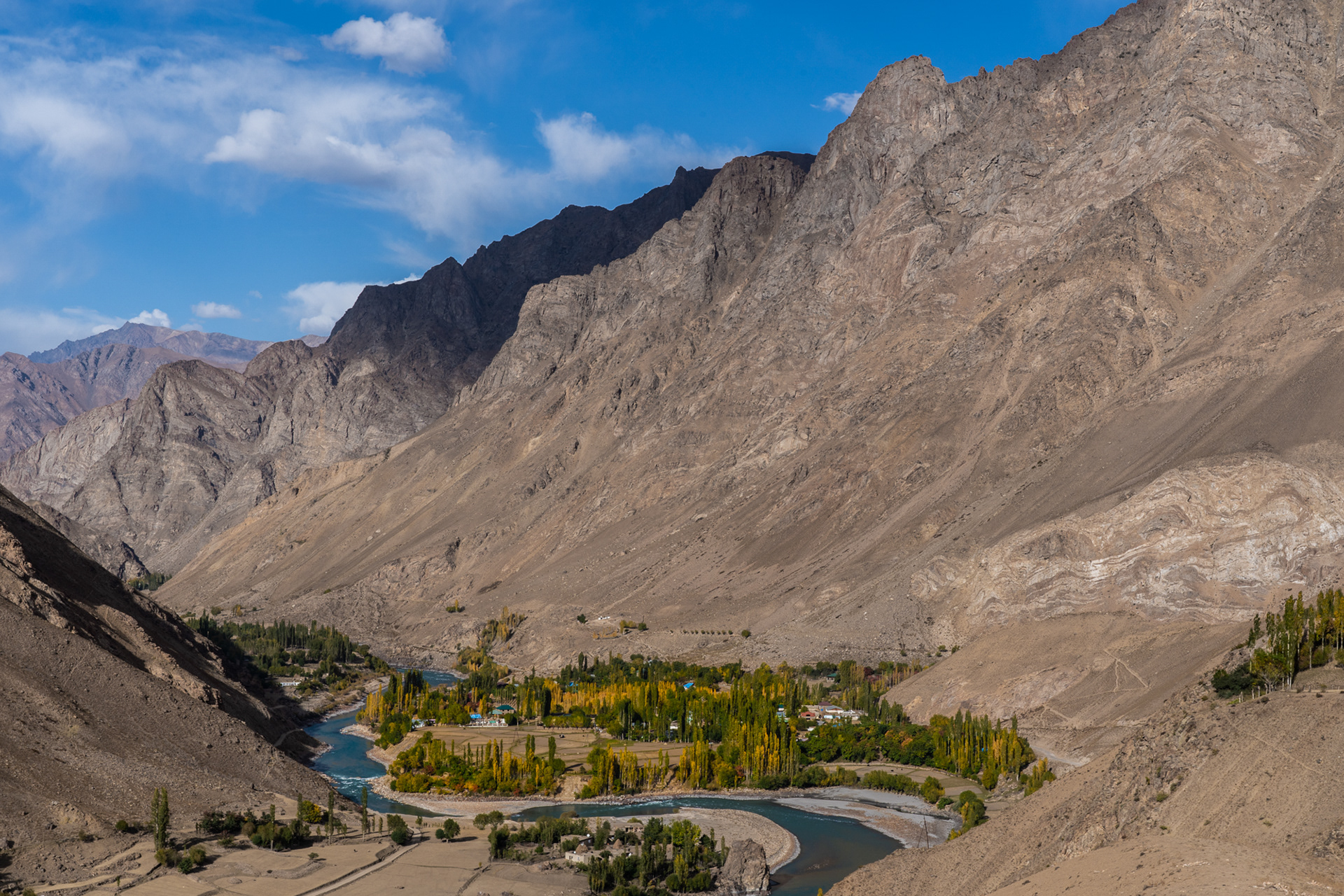
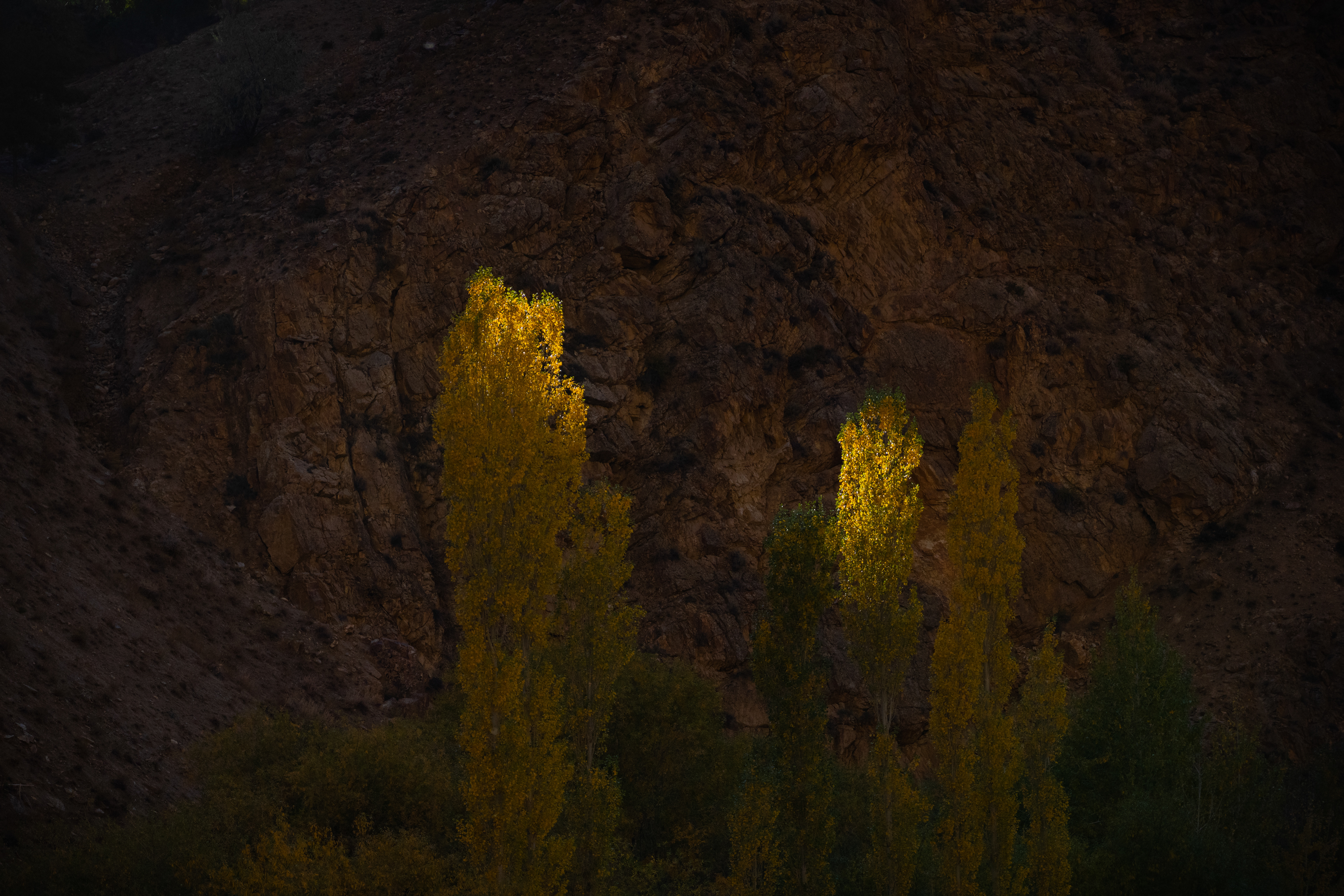
The hot springs provide bathing opportunities with healing qualities. At set times men can visit, at other times the women.
Sabir standing in his childhood home that they had to abandon because of an avalanche. The government declared it unsafe and prohibited Sabir and his family to continue living in it. They promised financial assistance for a new home but as of yet the family still has to see the promised 500 dollar, not nearly enough a amount to build a new home which they are going to build themselves.
Eastwards through the mountains you increasingly come across yurts and Kyrgz people living there
